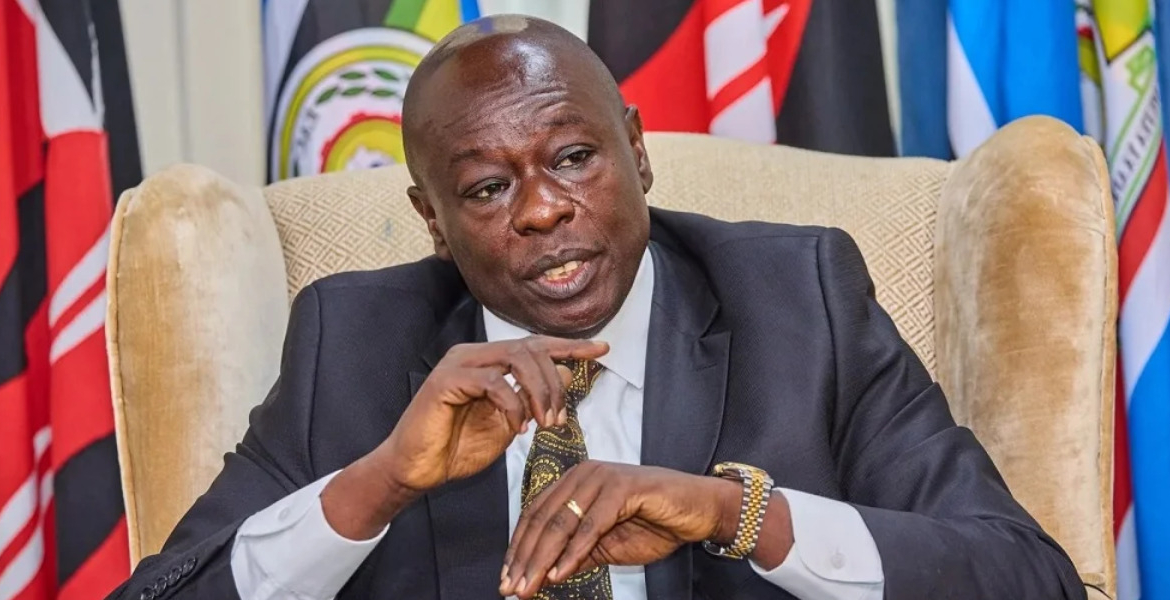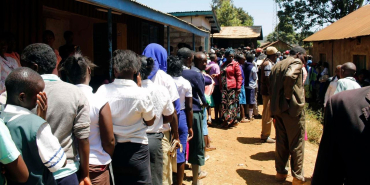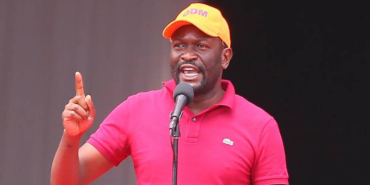Court of Appeal Nullifies High Court Rulings on Gachagua’s Removal Petitions

The Court of Appeal has invalidated decisions made by a High Court panel concerning petitions seeking the removal of former Deputy President Rigathi Gachagua.
The appellate court has determined that Deputy Chief Justice Philomena Mwilu exceeded her constitutional authority by assigning the judges to the case, a power exclusively reserved for the Chief Justice. The decision, delivered by Justices Daniel Musinga, Mumbi Ngugi, and Francis Tuiyott, effectively nullifies the previous rulings of the High Court, which had been hearing challenges to Mr. Gachagua’s potential ouster. The court's finding rests on the interpretation of constitutional provisions and the Judicial Service Act (JSA), clarifying the specific roles and limitations of the Chief Justice and Deputy Chief Justice in assigning judicial responsibilities.
The core of the dispute revolves around whether the Deputy Chief Justice has the authority to empanel a bench of judges for constitutional matters in the absence of specific incapacitation of the Chief Justice, which was not evident in this case. The Court of Appeal emphatically states that such assignments do not fall within the Deputy Chief Justice’s administrative duties, nor are they powers delegable under the JSA, thereby reinforcing the Chief Justice's exclusive prerogative in this area.
According to Section 5(2) of the Judicial Service Act (JSA), the Chief Justice can delegate certain administrative responsibilities. However, the court determines that assigning judges to benches handling constitutional matters did not fall under these delegable duties. The Deputy Chief Justice may assume the Chief Justice's role only under certain circumstances as outlined in Section 5(4) of the JSA, such as the removal, resignation, or death of the sitting CJ. None of these conditions were met, leading the appellate judges to conclude that Justice Mwilu had acted beyond her constitutional mandate.
Mr. Gachagua’s legal team has argued that Article 165(4) of the Constitution grants the Chief Justice exclusive authority to assign judges to benches handling significant constitutional matters. This argument proved decisive in the Court of Appeal's ruling. Senior Counsel Paul Muite, representing Mr. Gachagua, has expressed satisfaction with the court’s decision. He describes the ruling as a vindication of their stance, emphasising that the previous High Court panel lacked legitimacy due to procedural errors in its appointment.
“We are not particularly concerned about the interim orders blocking the swearing-in of Prof. Kithure Kindiki,” Mr. Muite stated. “Our priority was ensuring a properly constituted bench hears our petitions on merit, and this ruling affirms that the previous panel lacked legitimacy.”
Echoing this sentiment, Lawyer Ndegwa Njiru asserts that the appellate court’s finding effectively reinstates Mr. Gachagua as Deputy President. “Since the Court of Appeal determined that the DCJ had no power to empanel a bench, any rulings made by that panel must be considered void ab initio,” he argued. He further contends that the High Court lacks the jurisdiction to vacate previous orders halting Prof. Kindiki’s swearing-in.
Conversely, Principal State Counsel Emmanuel Bitta downplays the impact of the ruling, clarifying that the appellate judges had declined to overturn all decisions made by the High Court. The High Court bench, composed of Justices Eric Ogolla, Anthony Mrima, and Freda Mugambi, had previously ruled that the assignment of judges was an administrative function that the Deputy Chief Justice could exercise when the Chief Justice was unavailable. They emphasised the need for seamless judicial administration to ensure governance continuity.
However, the appellate court has rejected this interpretation, stating that no evidence suggested the Chief Justice was unable to carry out her constitutional duties at the time. The judges highlight the capabilities of modern communication technologies, which allow the Chief Justice to perform her functions remotely, irrespective of geographical location.
“The Chief Justice’s decision-making process is not confined by physical presence,” the appellate judges noted. “Electronic communication allows for judicial determinations to be made irrespective of geographical location.”








Add new comment